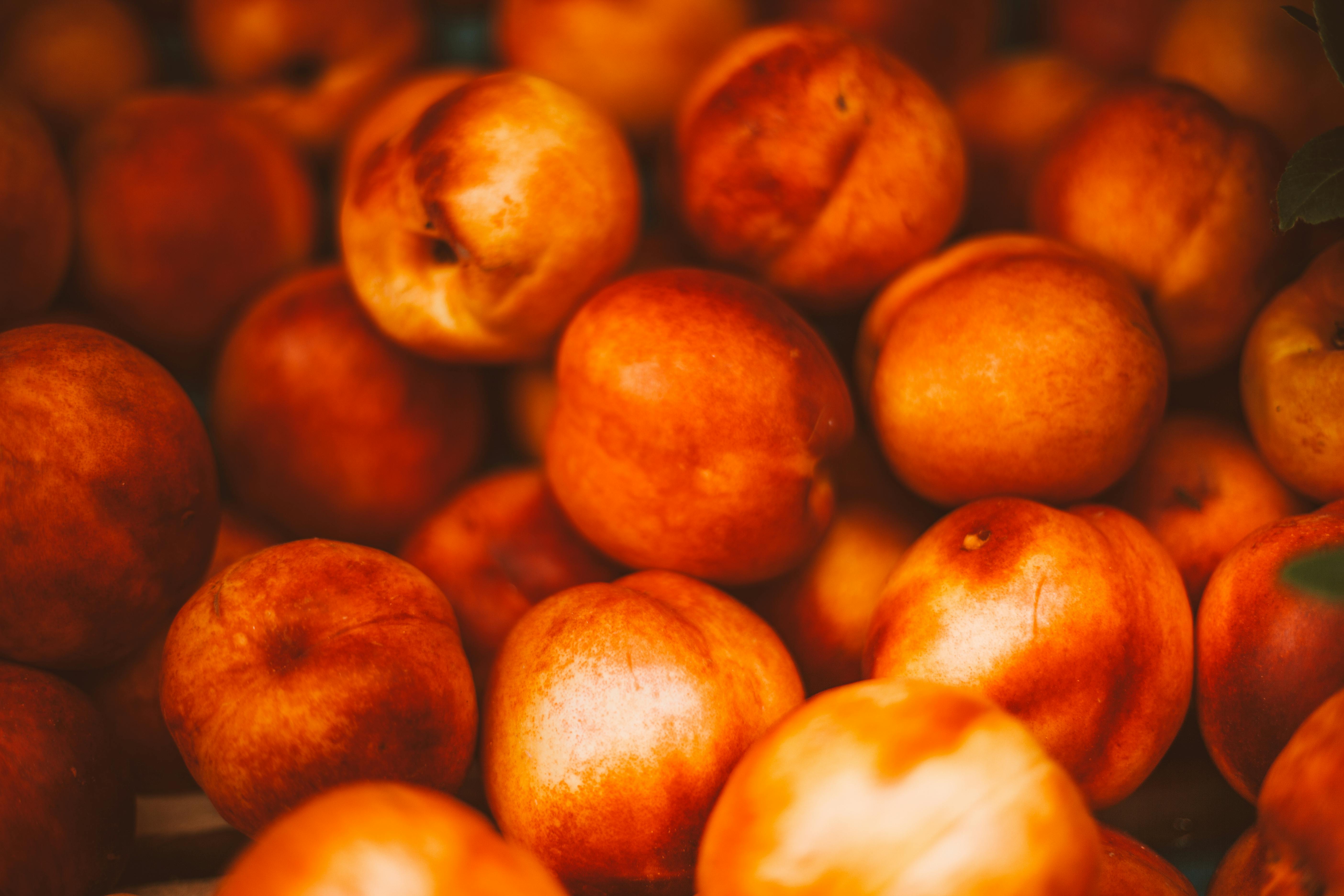
Artificial sweeteners: healthy or harmful?
Diet cola, sugar-free candy, even cookies from the bakery—many products contain artificial sweeteners these days. As more people turn to low-carb, high-protein primary diets as a form of good health, artificial sweeteners have grown in popularity, replacing sugar in more types of foods than ever before.
But are artificial sweeteners harmful to health?
Before considering the question, the first thing to ask yourself is whether or not artificial sweetener is necessary in the foods you choose to eat. While Diet Pepsi beats regular Pepsi, nothing beats water for good old-fashioned hydration. And those sugar free candies? Do they really add any nutritional value to your diet?
But every once in a while the desire is too strong, the sweet tooth takes over. Artificial sweeteners have provided an alternative to sweets without adding unnecessary carbohydrates found in typical sweets. Below are four of the most common artificial sweeteners and an explanation of whether they are healthy or harmful.
1) saccharin
Street Name: Sweet ‘n Low
This is the oldest artificial sweetener in the book. It has been around for almost 100 years! Originally used as a substitute for diabetics, saccharin was the solid staple of the fake sugar industry for most of those 100 years. But in the 1970s, tests were done on animals that resulted in various cancers (uterine, skin, bladder) associated with the artificial sweetener. The USDA put a “hazardous to health” label on the substance and left it alone. Fast forward to the year 2000, more studies showed the original studies were inconclusive, the “dangerous” label was removed, and saccharin went from being an unhealthy artificial sweetener to a questionable artificial sweetener. Of the many options, saccharin appears to carry the greatest number of risks, especially for pregnant women, since the substance is transferred to the unborn fetus. Also, many people avoid saccharin simply because the original source is petroleum.
2) aspartame
Street Name: Equality, NutraSweet
Aspartame was the “healthy” artificial sweetener alternative to saccharin. It is a combination of phenylalanine and aspartic acid (amino acids) with methanol. It was a diet soda favorite for years, though many people disliked its distinctive taste.
So is aspartame a healthy artificial sweetener? Twenty-six FDA studies suggest yes, but there are still some who have reservations. Aspartame has been shown to cause problems in people who do not metabolize phenylalanine at a normal rate. It has also been shown to cause complications in people with liver disease and (again) in pregnant women.
3) sucralose
Street Name: Splenda
The newest favorite of the artificial sweetener crowd, sucralose is actually made from real sugar. The sugar is chemically altered to form the artificial sweetener, the oxygen components of the hydrogen being exchanged with chlorine molecules. This removes the caloric content of the sugar and what is left is the artificial sweetener sucralose, which is approximately 600 times sweeter than real sugar.
Sucralose came on the scene in 1998, so not much research has been done to prove whether the artificial sweetener is healthy or harmful, but so far all the research seems to suggest no major harmful effects. New studies are published every month, although nothing has conclusively shown that sucralose is a harmful artificial sweetener. It seems to be the winner of the three mentioned so far. Although some people claim to have allergic reactions to the sweetener. It’s always advisable to test the product before jumping into the whole pig (try a slice of fake pie, not the whole thing).
4) stevia
Street Name: Stevia
Stevia is the natural alternative; many claim it to be the healthiest artificial sweetener. Stevia is a real plant, native to Paraguay, the sweetener usually comes in the form of a powdered extract. There have been no known harmful effects of Stevia. One drawback (depending on who you ask) is Stevia’s distinctive taste. Many claim that it has an aftertaste that ruins the effect of sweetness.
Ultimately, the decision is yours. Optimum health does not require artificial sweeteners (healthy or not) as an essential part of the diet, but artificial sweeteners provide the alternative for the person with a long-lasting sweet tooth.


